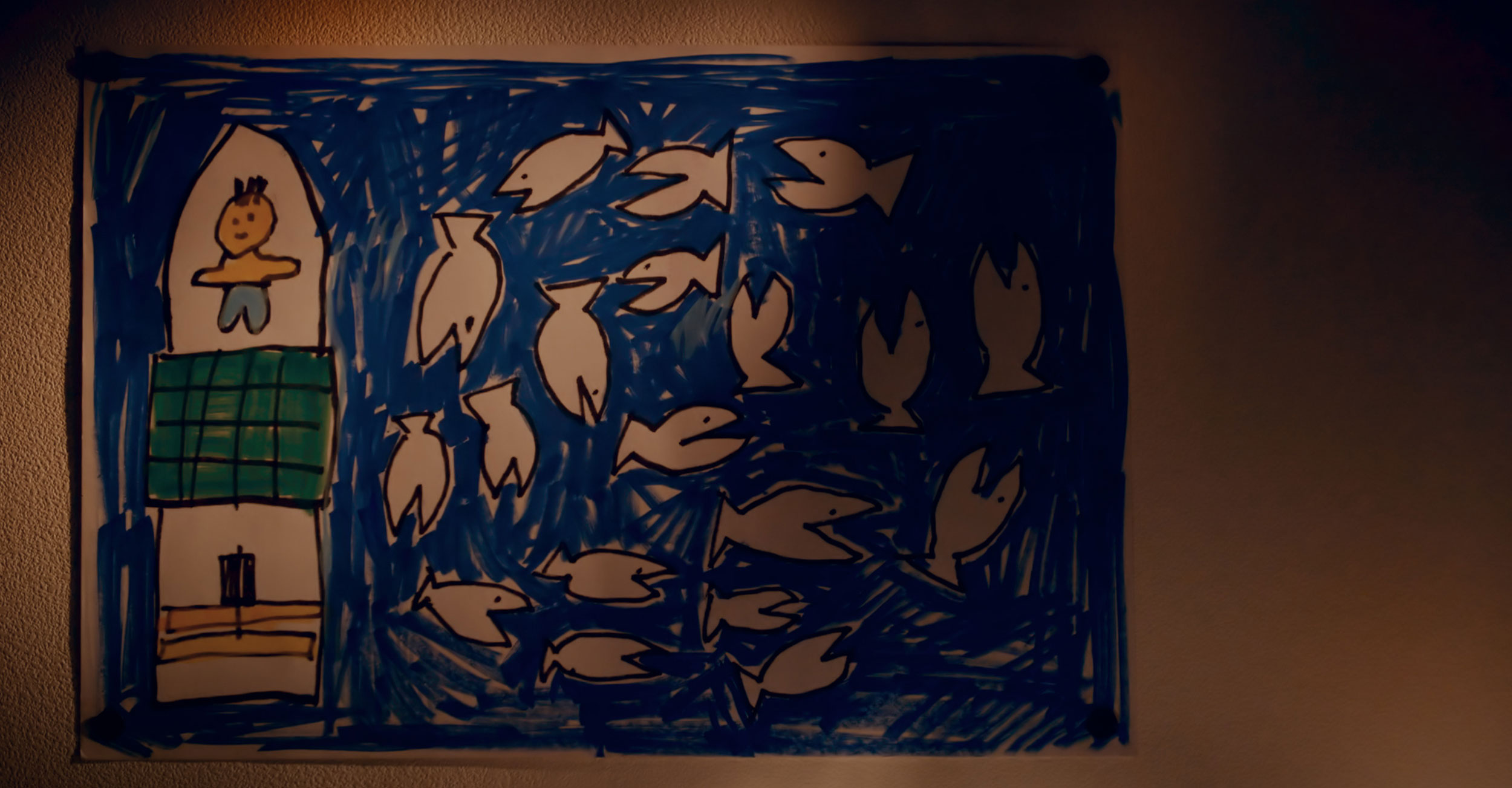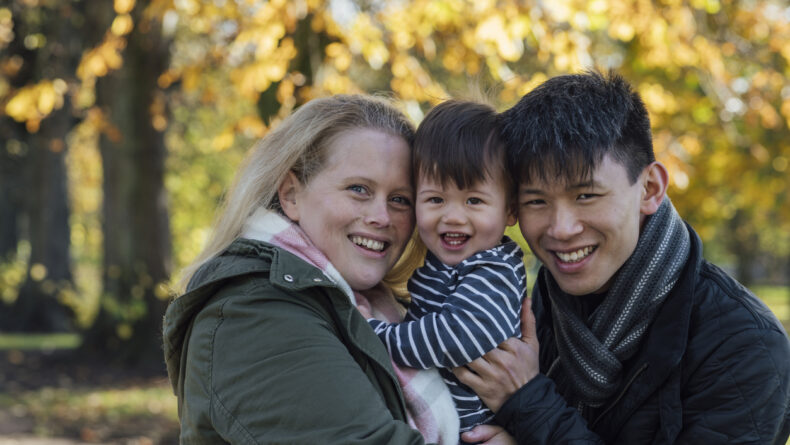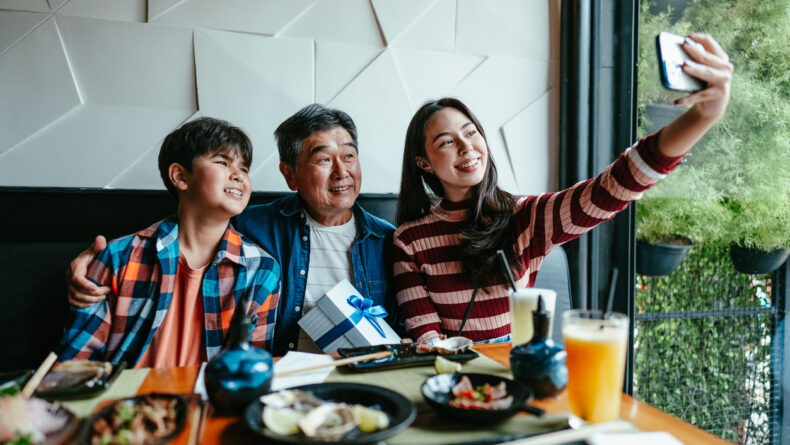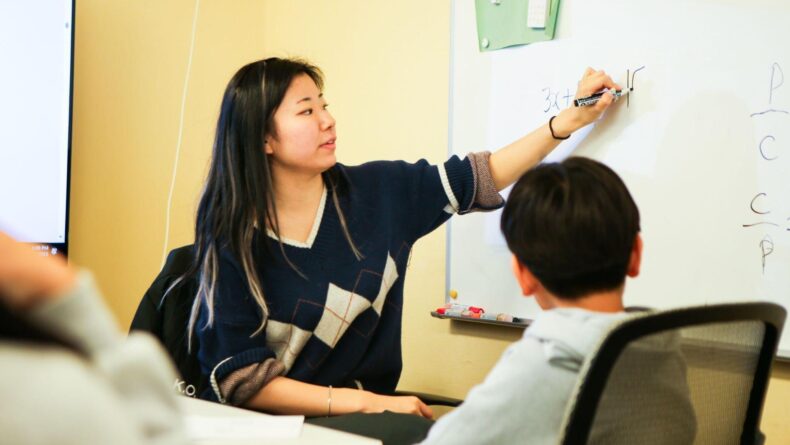Yuhi No Ato: A Depiction Of Adoption And Fostering In Japan
Confessions & Confusions: Movie Review
Things are quiet here now, especially since we are all practicing social distancing and our respective schools and universities are closed until further notice. Once we can move freely again, I hope you will consider seeing this movie that I am recommending today.
A few months ago, my husband took me to the local repertory theatre to see a film called 夕陽のあと (yuhi no ato, after the sunset), a story about fostering and adoption in Japan. I had no idea what to expect from this film but was greatly moved by it and many of the issues it brought up. I would like to share them with you here.
Plot
The film depicts the story of two women: Akane, who, due to extreme poverty, abandons her baby in an Internet café in a large city, and Mai, who, has been fostering Akane’s child for seven years in a fishing village and is poised on the brink of adopting him into her family permanently.
Akane, whose history is unknown to the villagers, is now living among them and working in a cafeteria there, all the while watching the progress of her son. Just as the adoption is about to be finalized, the family guidance center staff reveal the identity of the birth mother. Added to their shock at the news is Akane’s demand for her son to be returned to her.
A path to understanding
The movie focusses on the struggle between the two women to understand each other while each is asserting her right to her son. Mai outright refuses to return the boy, but in the end, she decides to learn more about Akane’s reasons for abandoning him.
what was significant for me while watching this film was learning more about why children are abandoned by their mothers in Japan
She and her husband visit significant places from Akane’s life: the Internet café where the baby was left, a bridge where Akane contemplated suicide, and her former workplace. As they learn more about her, they begin to understand why she acted as she did.
Soon, the two women meet and talk, and Akane realizes that her son will be better cared for by the family he has always known. Accepting the possibility that she will be able to have a relationship with him after he becomes an adult, she leaves the island.
What was significant for me while watching this film was learning more about why children are abandoned by their mothers in Japan. Akane’s poverty and desperation are clearly portrayed: she has barely enough money to feed herself and her child and nowhere to go.
Her decision to leave her baby in an Internet café breaks her heart, but she seems to have no other recourse. After she does this, she considers killing herself, but instead moves forward, hoping to reclaim her son in the future.
To be honest, I have been guilty of judging young women who abandon their babies or put them in care, but this film showed me one reason why they might make such decisions. As a result of seeing this film, my heart has softened towards such women; they do not make such choices unthinkingly and many are driven to act out of desperation.
Unlike my previous thinking, which was that they were giving up children because they made their lives inconvenient in some way, I realized that these birth mothers were perhaps making the hardest decisions of their lives and actually doing the best they can for their children.
Adopting in Japan
Another issue that this film brought home to me is the reminder that the Japanese system of adoption still tends to be set up for the benefit of biological parents and not prospective adoptive ones. This movie reveals that even though Akane did not care for her child for the first seven years of his life, as his biological parent, she was still entitled to have him returned to her. Mai’s initial feelings of anger and frustration towards Akane are understandable.
In my family’s case, although my son’s biological mother had not cared for him for almost the first four years of his life, my husband and I were on tenterhooks during the first year he came to live with us. We had to foster him during that time until the adoption officially went through and although we were 99.9% sure that he would join our family, there was still that small chance that his biological mother could change her mind and ask for him back. I hope that in the future Japanese law will change so that the welfare of children, rather than the convenience of their biological parents will be considered.
That said, I cannot recommend this movie highly enough. It is at once beautiful, thoughtful, sad, and heartening. I think that anyone who sees this film will come away with an appreciation of the feelings of both women who give up their children as well as those of adoptive parents. This film was so moving that everyone at the showing we went to was crying, so I strongly suggest you bring a good supply of tissues.
You can pre-order the DVD on Amazon, the movie will be released in June 2020.



















Leave a Reply